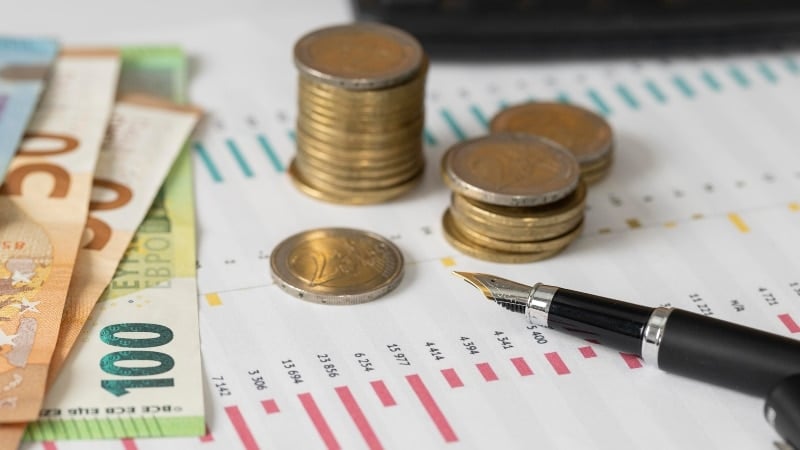Revolut conducted a research in Italy with the aim of studying the impact of inflation on consumers’ purchasing habits.
Italy: population rolls up its sleeves to fight inflation
With inflation now standing at 8%, the Italian population is facing a significant loss of purchasing power.
According to Istat data, the national consumer price index rose 1.2% in the last month alone. The further acceleration of inflationary tensions is largely due to the continued growth in the cost of energy goods, which has risen from +42.6% in May to the current +48.7%.
The overall macroeconomic environment, therefore, is driving Italians to seek solutions to limit the impact of inflation on their daily lives.
To better understand these dynamics, Revolut conducted a study in collaboration with research firm Dynata. Data were collected from a representative sample of the Italian population of 1,000 individuals over the age of 18.
The first result to emerge from the research, is that 94% of respondents acknowledge that they have suffered a more or less significant effect on their daily lives.
Among them, 21% say they have made substantial changes to their lifestyle, while 43% have resorted to only partial changes.
Among the most popular countermeasures, at the top of the list are cuts in unnecessary spending, with 72% of Italians deciding to avoid unnecessary purchases. In addition, about 10% say they buy second-hand items to curb spending.
How to counter inflation in Italy and the rest of the world

Basically, in such an economic picture, solutions can be summarized in two macro-categories.
The first refers to investments in safe-haven assets, such as gold, so as to find protection in view of rising inflation.
The second, on the other hand, refers to what is called the substitution effect in the jargon. The general rise in prices, resulting in a loss of currency power, pushes people to give up a share of secondary goods, giving higher priority to basic necessities.
And that is exactly what is happening, with a natural shift in priorities: saving money by cutting unnecessary expenses for a more effective allocation of one’s capital to primary consumer goods.
Italians are not giving up travel, shopping and restaurants
Despite the difficult situation, there are things that Italians are not able to give up.
For 63% of the sample surveyed, travel is an “untouchable” category. This is followed by restaurants, with 49%, and shopping, with 48%.
This is a clear sign that consumption limited to other necessities is being devoted to the leisure sector.
Cashback solutions, discounts and savings management can certainly run to help. 43% of Italians are engaged in the search for the first two offers. Regarding more efficient savings management, on the other hand, 30% say they have opened a special account, while 15% say they use financial apps to track and analyze their spending.
Given that the biggest burden is the rising prices of energy goods, 57 % of respondents are trying to limit their consumption of electricity, gas and water.
However, the efforts do not appear to be effective. Data from Revolut, a leading fintech app with more than 850,000 customers in Italy alone, record spending on electricity and gas bills 13% higher than in Q2 of 2021.
Regardless, it is hoped that the new habits Italians have picked up will make up for this period of high inflation to return to the health of the economy prior to the pandemic as soon as possible.
Source: https://en.cryptonomist.ch/2022/07/21/revoluts-research-inflation-italy/